Congratulations Grant Winners
Congratulations to the nine GEC members from the 2024-25 cohort whose community-engaged research projects have been awarded funding through our competitive grants program!
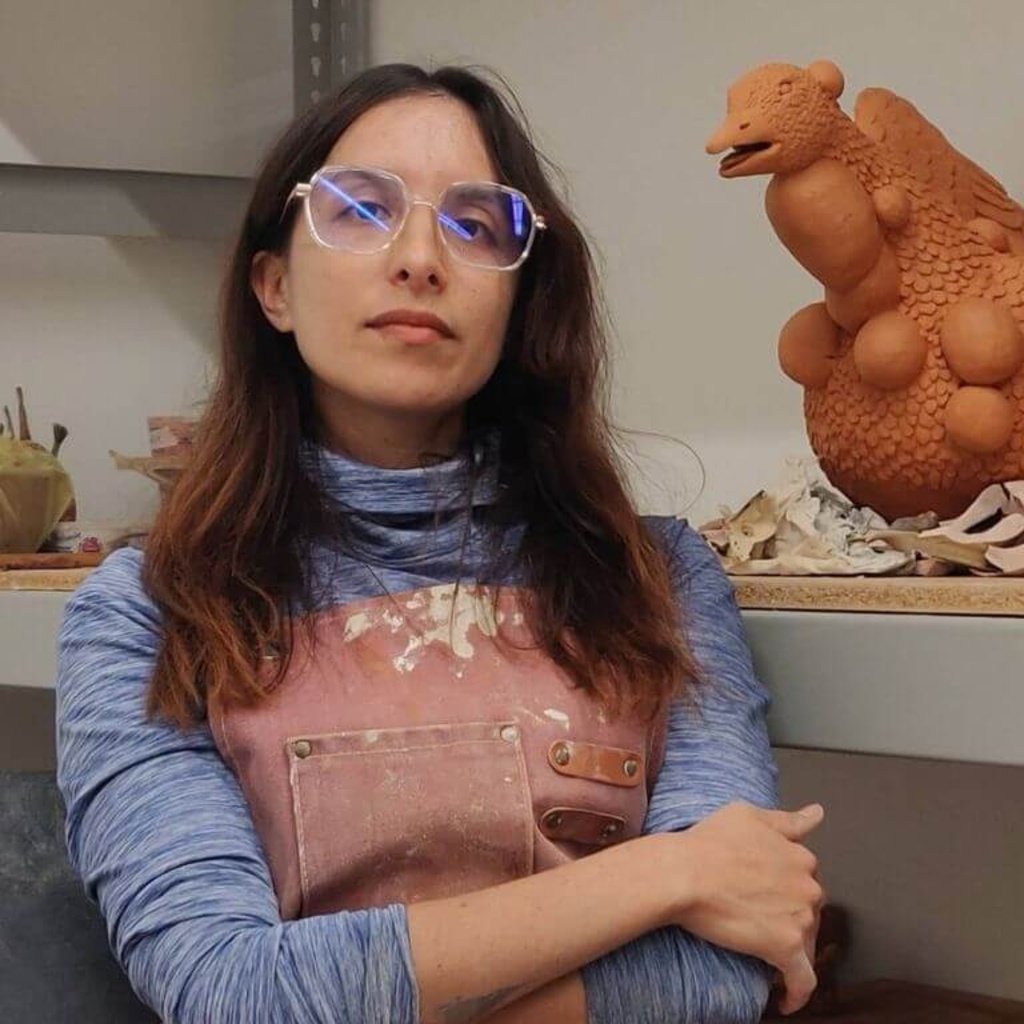
Perla Camacho Jiminez
Healing Through Clay: Ceramic Workshops for Rheumatic Patients in Iowa City
Partner: Iowa City Senior Center
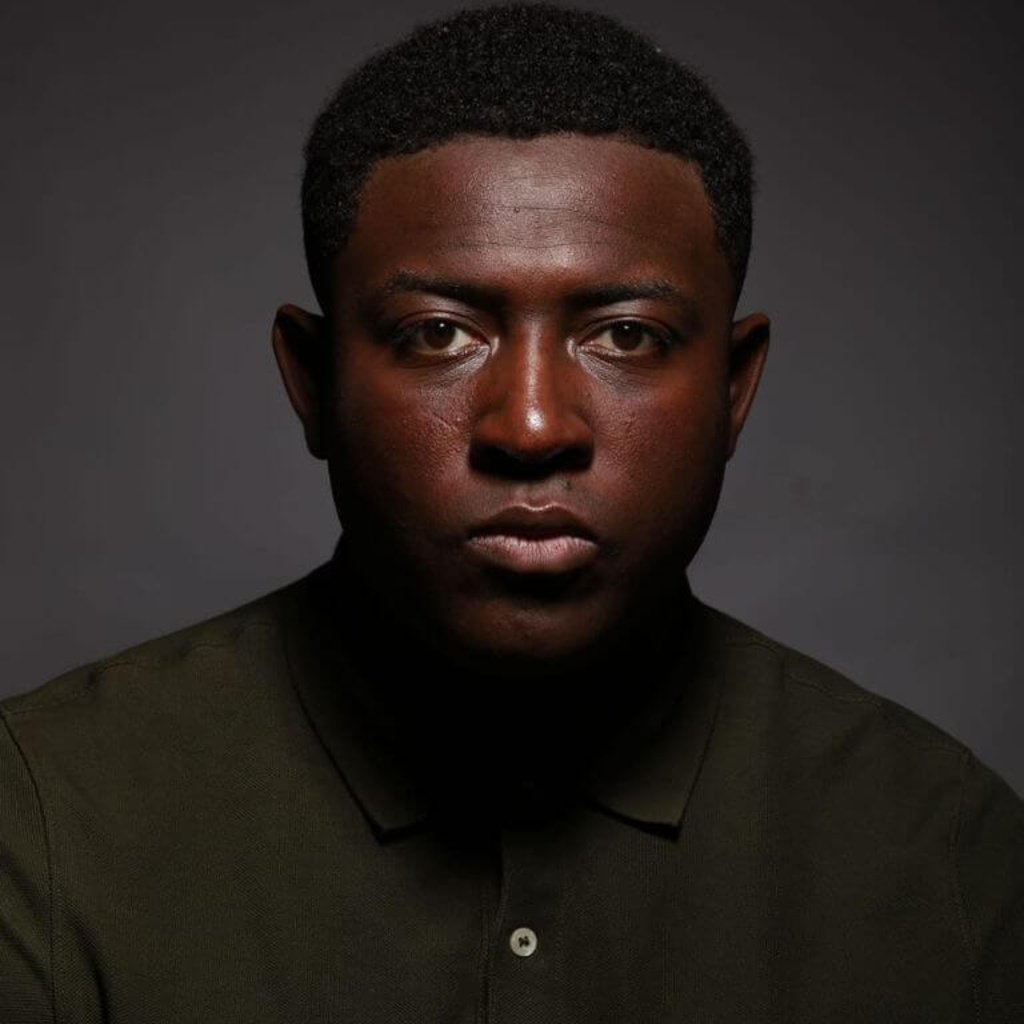
Malik Ford
The Yard
Partners: The Lodge Community; City of Coralville
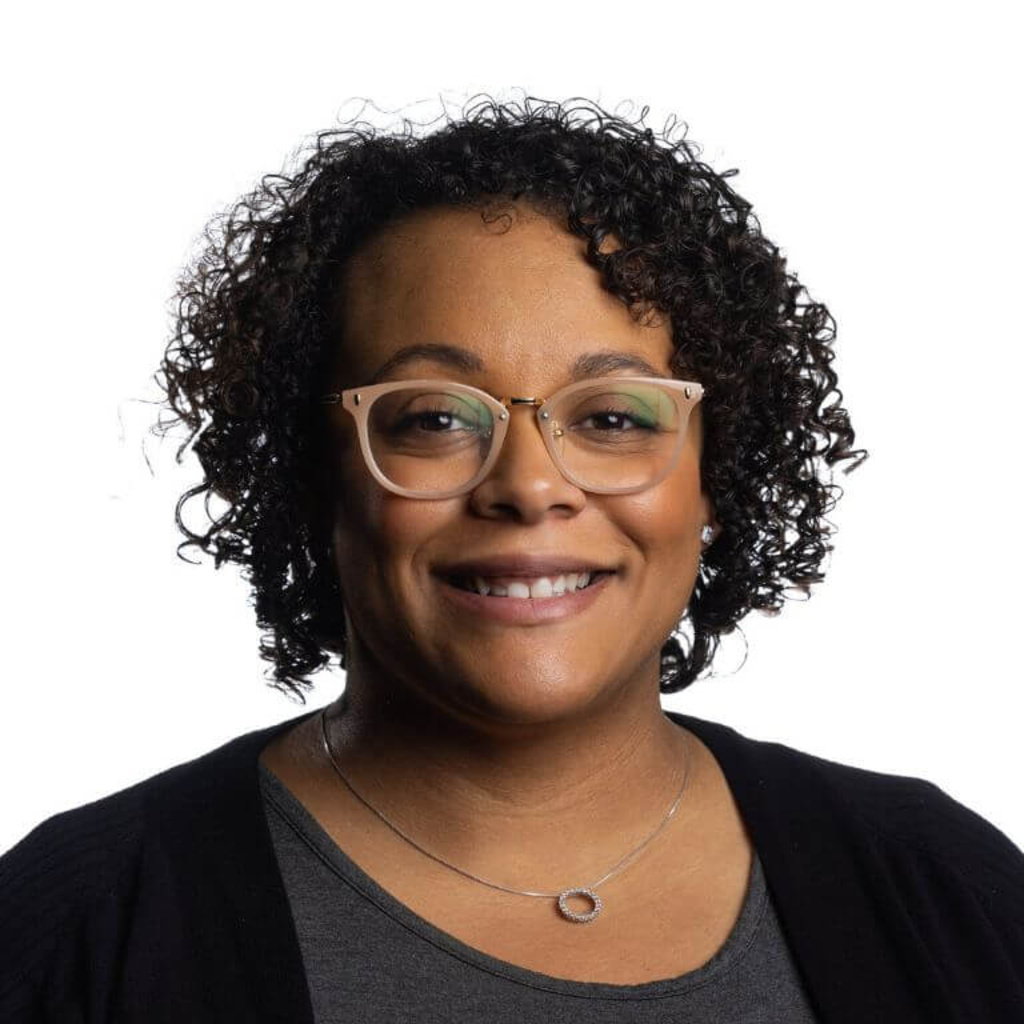
Kimberly Gardner
Relationship, Restoration and Reconciliation: Empowering the Frances Willard Elementary Community with the help of The Circle Keepers
Partners: Frances Willard Elementary School; The Circle Keepers
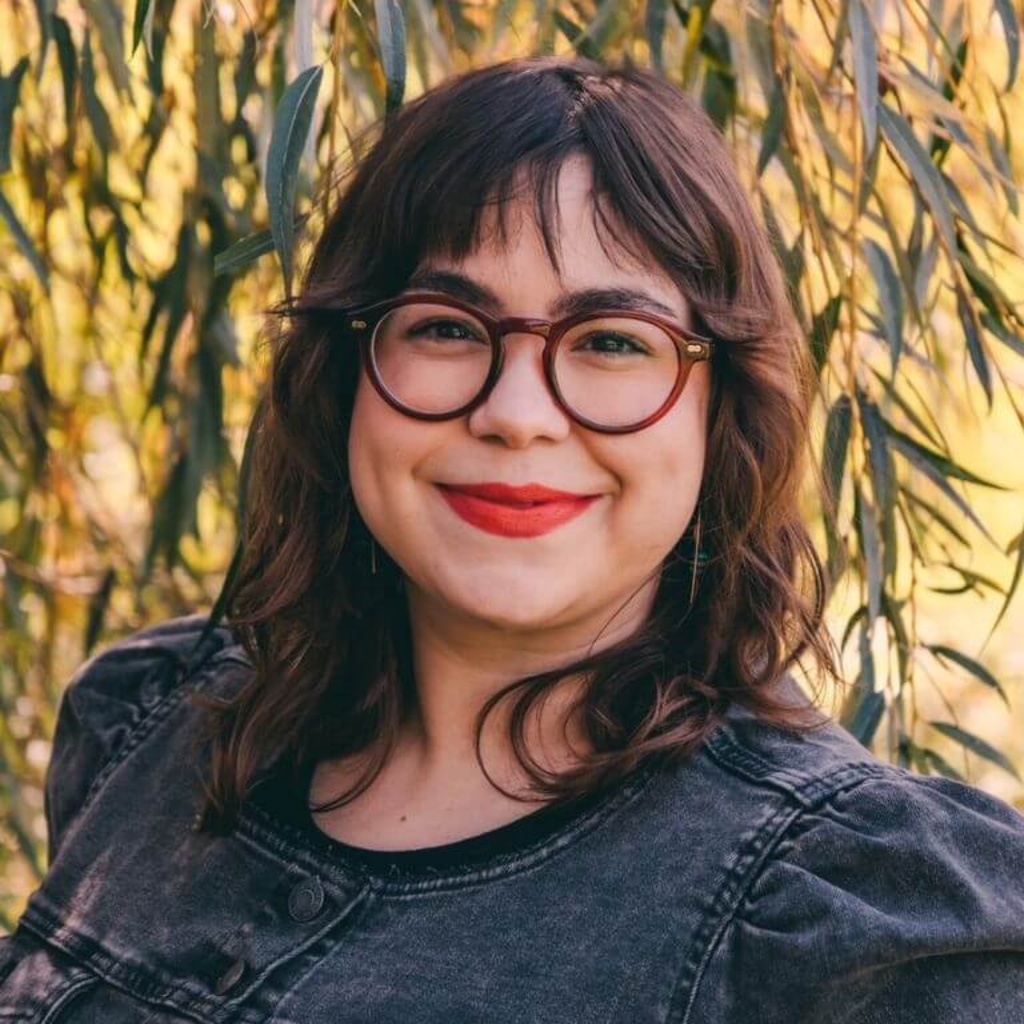
Lauren Gil Hayes
Establishing a Client and Community Advisory Board in HIV/AIDS Care: Honoring Lived Experience, Building Leadership, and Advancing Care Delivery
Partner: The Project of the Quad Cities
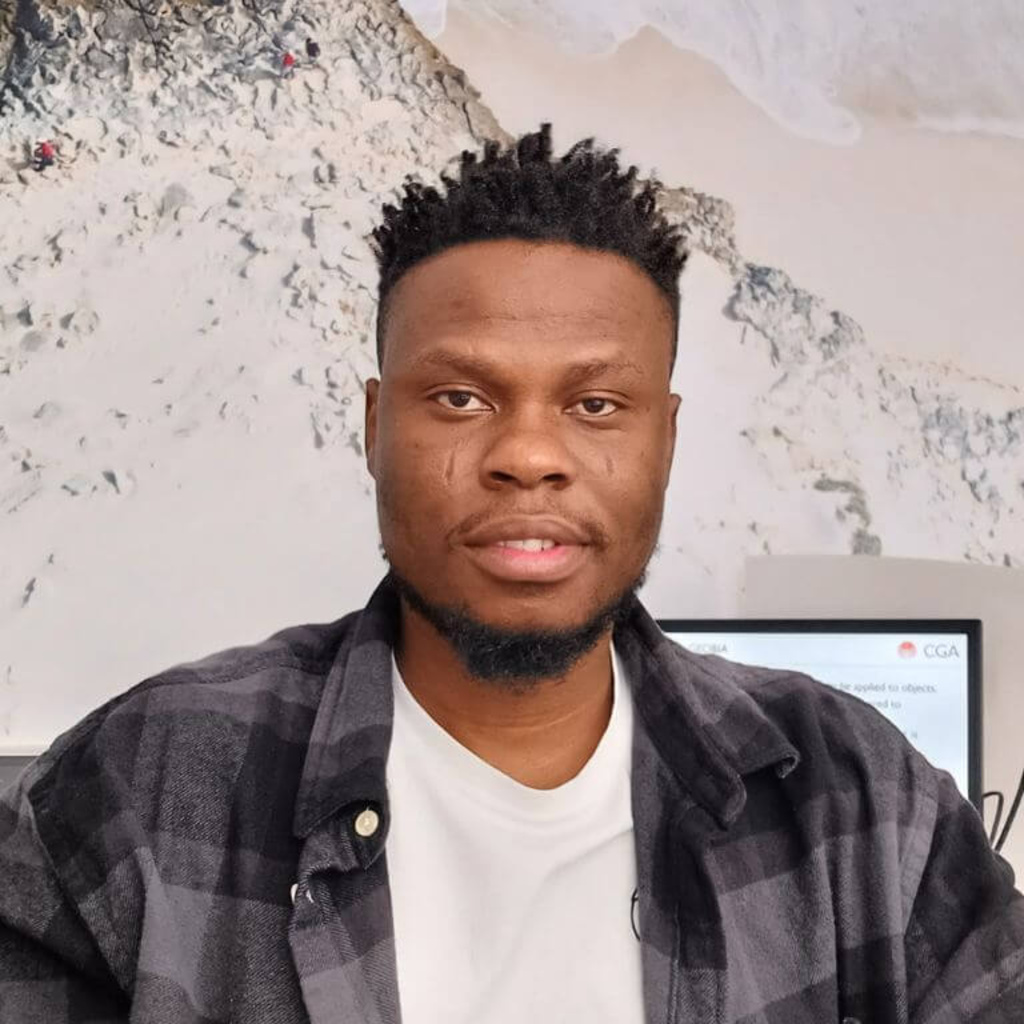
Akinwale Oladimeji
Conflict and Coexistence: Community Perspectives on Human-Wildlife Interactions Across Urban and Rural Johnson County
Partners: Iowa Department of Natural Resources; Johnson County
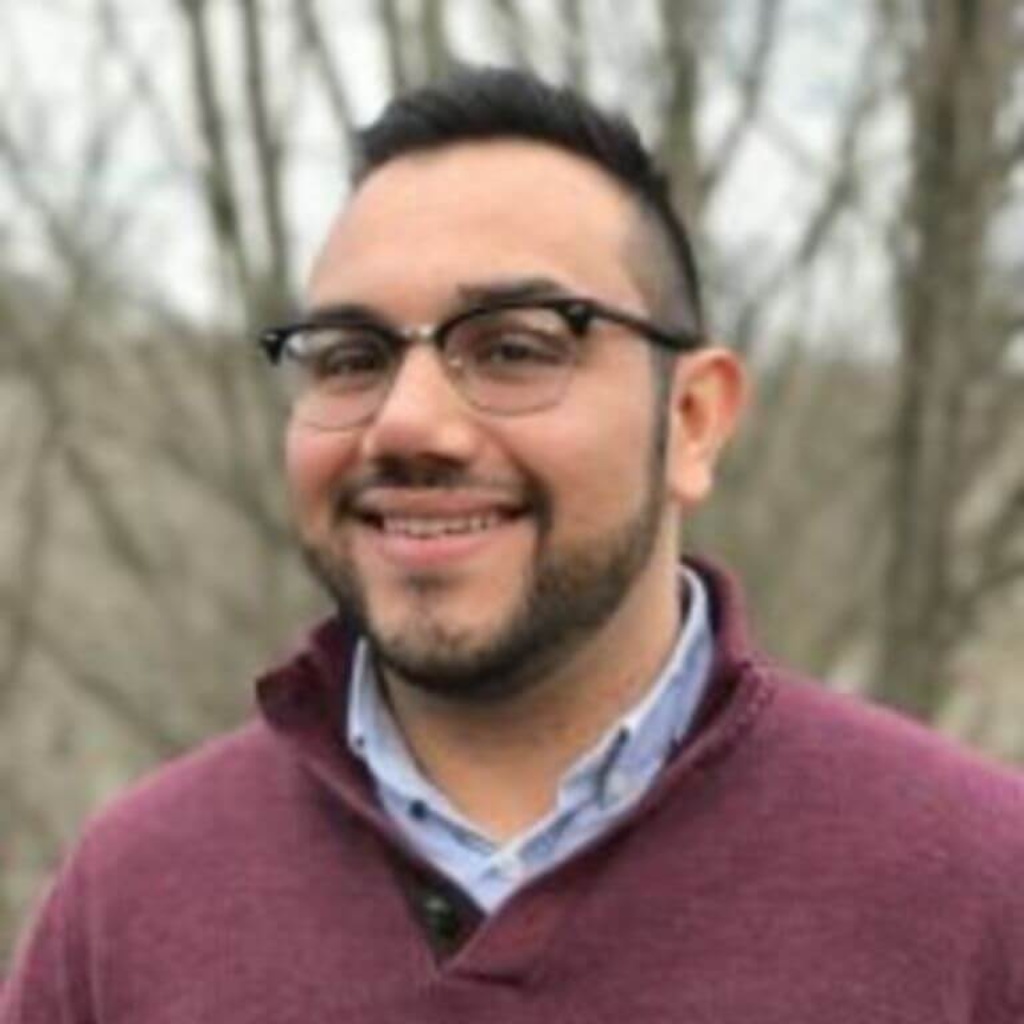
Carlos Ruiz Martinez
Sanctuary in the Midwest: Recording the CSJs Role in Immigration Justice
Partner: Sisters of St. Joseph of Carondelet Consolidated Archives
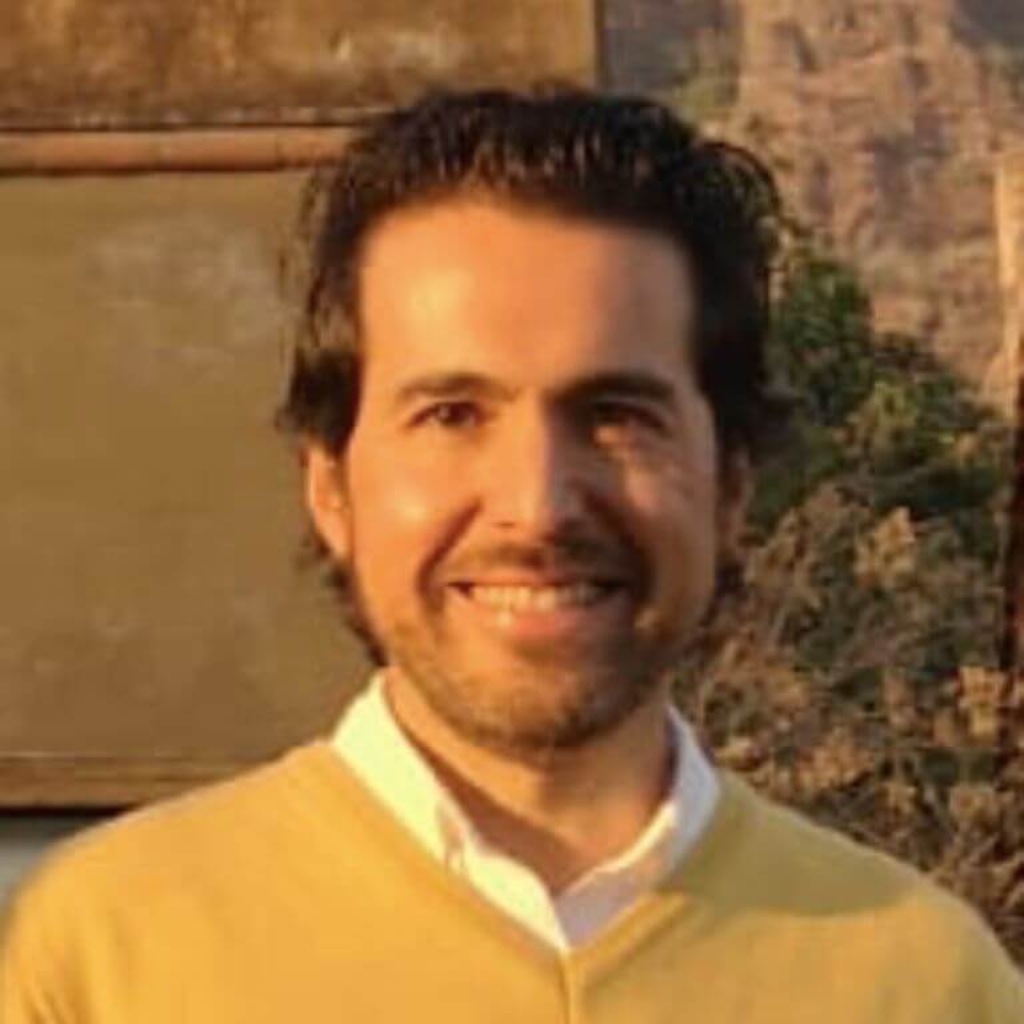
Mauricio Ruiz Zepeda
Art and The Landfill: Why It's Convenient to Not Think About the Waste We Generate
Partner: Public Space One
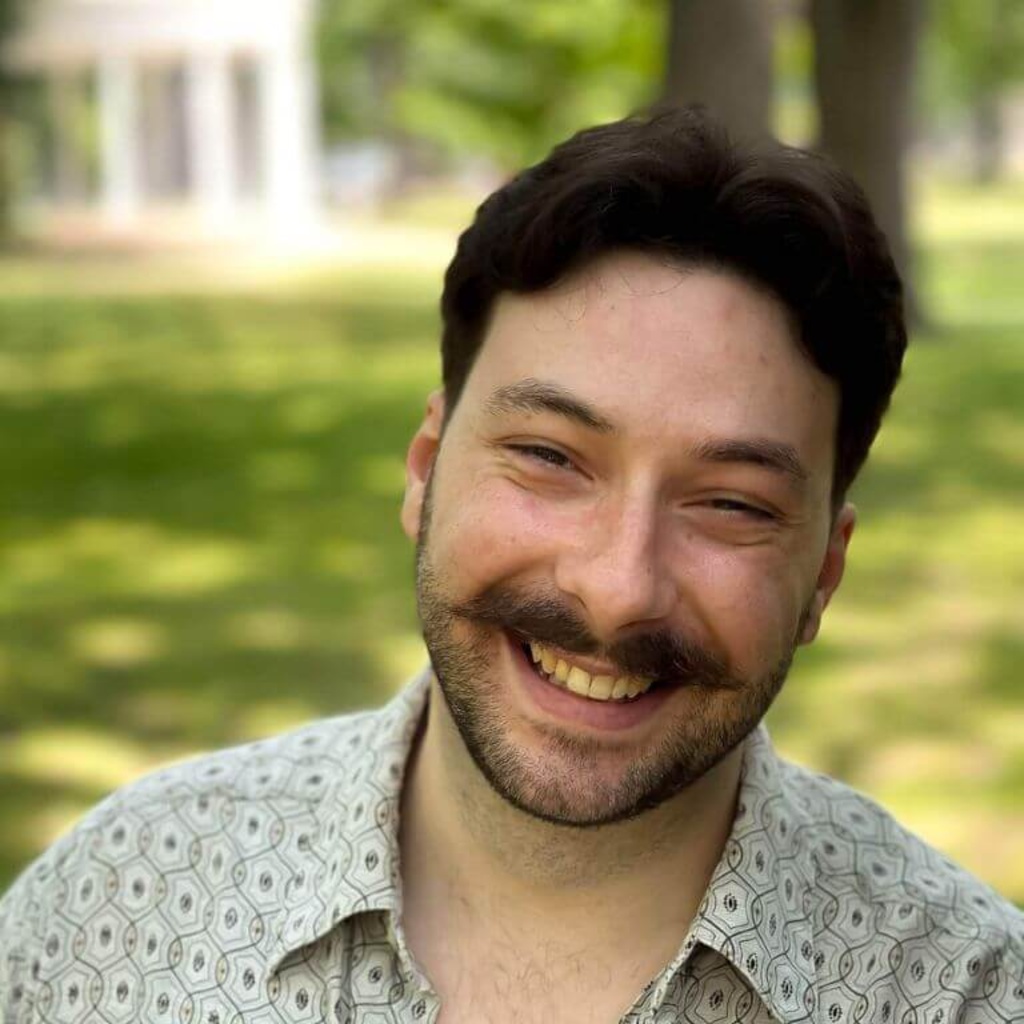
Tyler Tumblety
Stories of Myaamia Emigration and Return: Balancing Earth and Sky in 17th and 18th Centuries' Myaamionki
Partner: Miami Tribe of Oklahoma Cultural Resources Office
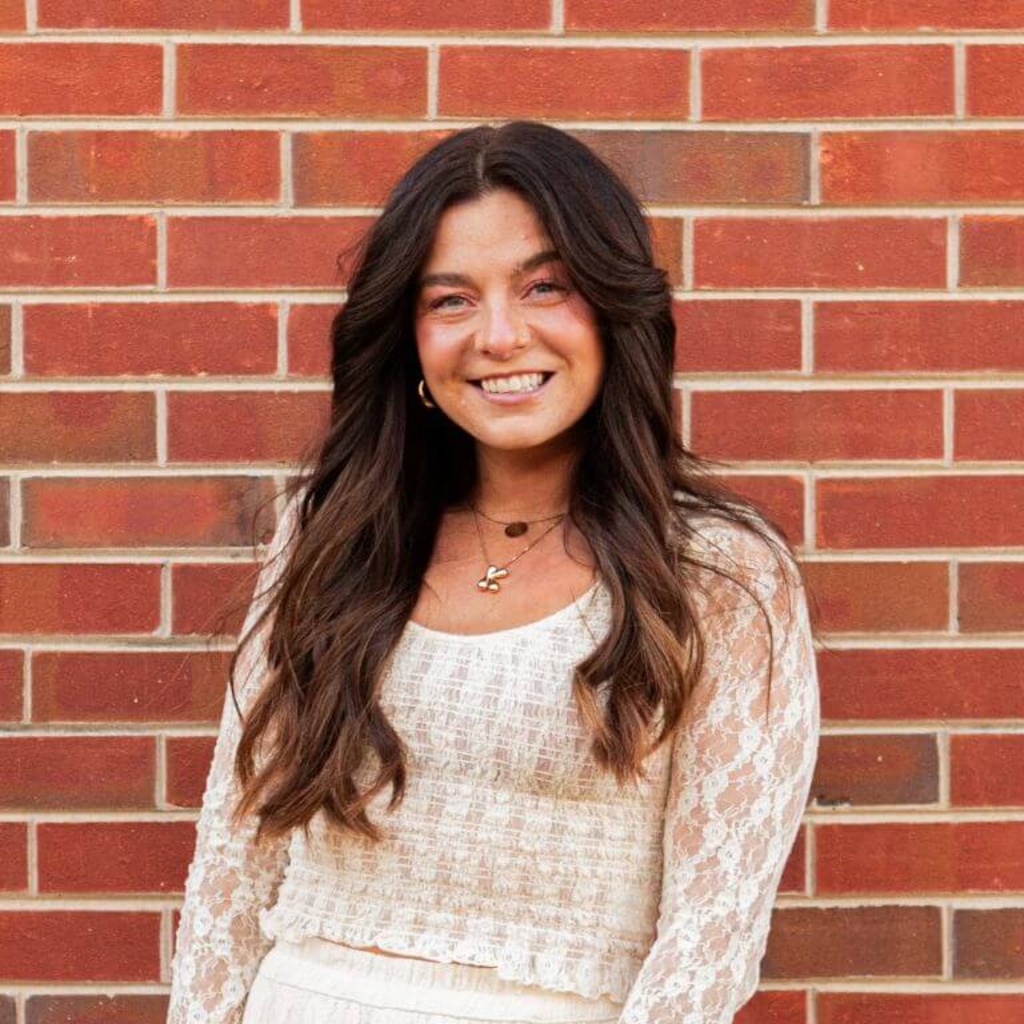
Madelynn Williams-Kane
Sound Connections
Partners: Midwest Audiology; Early Hearing Detection & Intervention (EHDI)
2024 GEC Grant Winners

Blessing Alabi
Identifying Gaps in Access to Healthcare for the Chronically Ill Clients of Shelter House, Iowa City
Partner: Shelter House
This project seeks to develop a community partnership with the Shelter House, to learn about the sources of healthcare, and the type and extent of care that is currently provided to its clients. To gain an exhaustive knowledge of these sources and the services, I will also engage health providers in situations that partner with the Shelter House such as the University of Iowa mobile clinic and others. These relationships will provide an opportunity for me to identify barriers that could result in sub-optimal health outcomes.
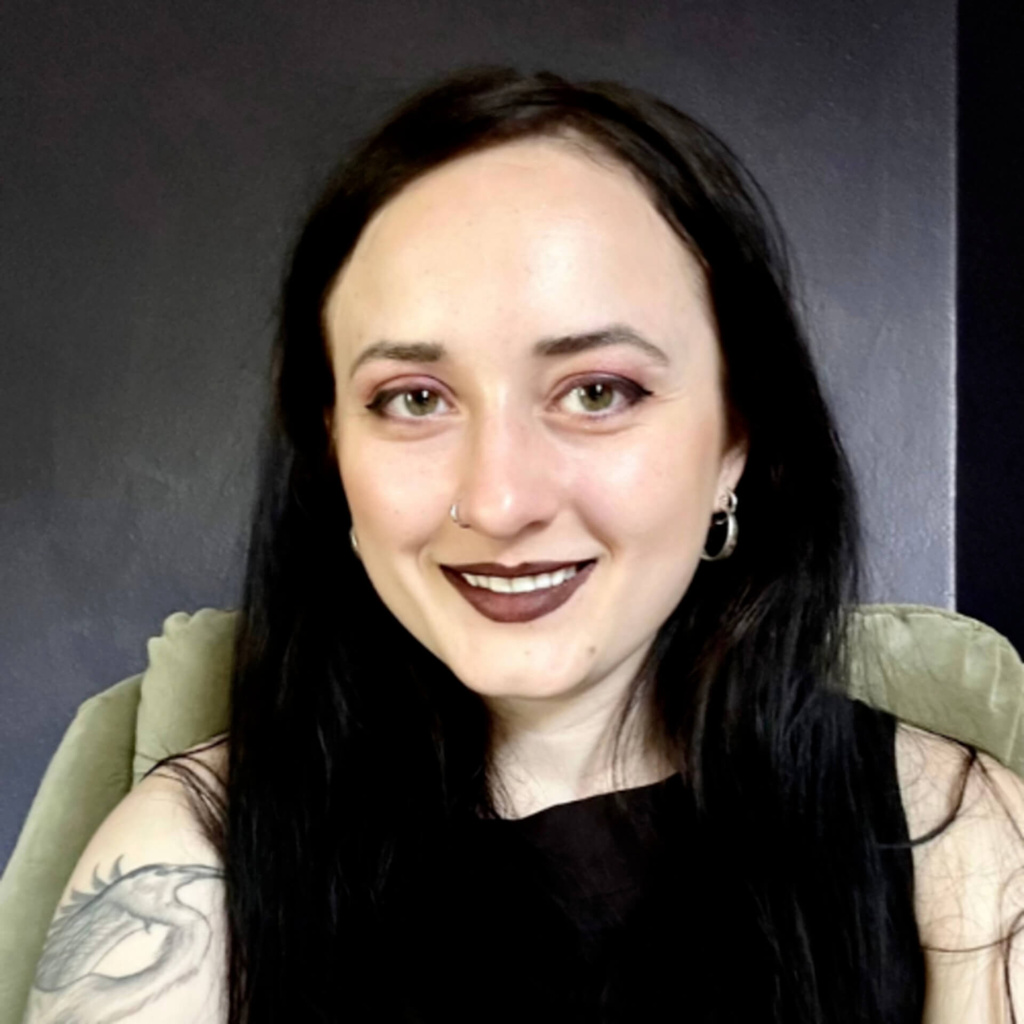
Mack Cross
A Community Engaged Research and Teaching Project to Identify Local Biodiversity at Lake Anita State Park
Partner: Department of Natural Resources and CAM High School
This proposal requests funding for a community engaged research and teaching project in rural Southwest Iowa to train high school students in wildlife ecology methods to identify medium to large vertebrate animals located within Lake Anita State Park, which is a short drive from their school, CAM High School. This research produces data that is interesting to the community, and participating student researchers will be encouraged to share their findings with the community in a creative way, such as presenting at a mini-symposium at the school, creating signage for the park, designing a children’s book to read to elementary students, or some other mode of their choice.
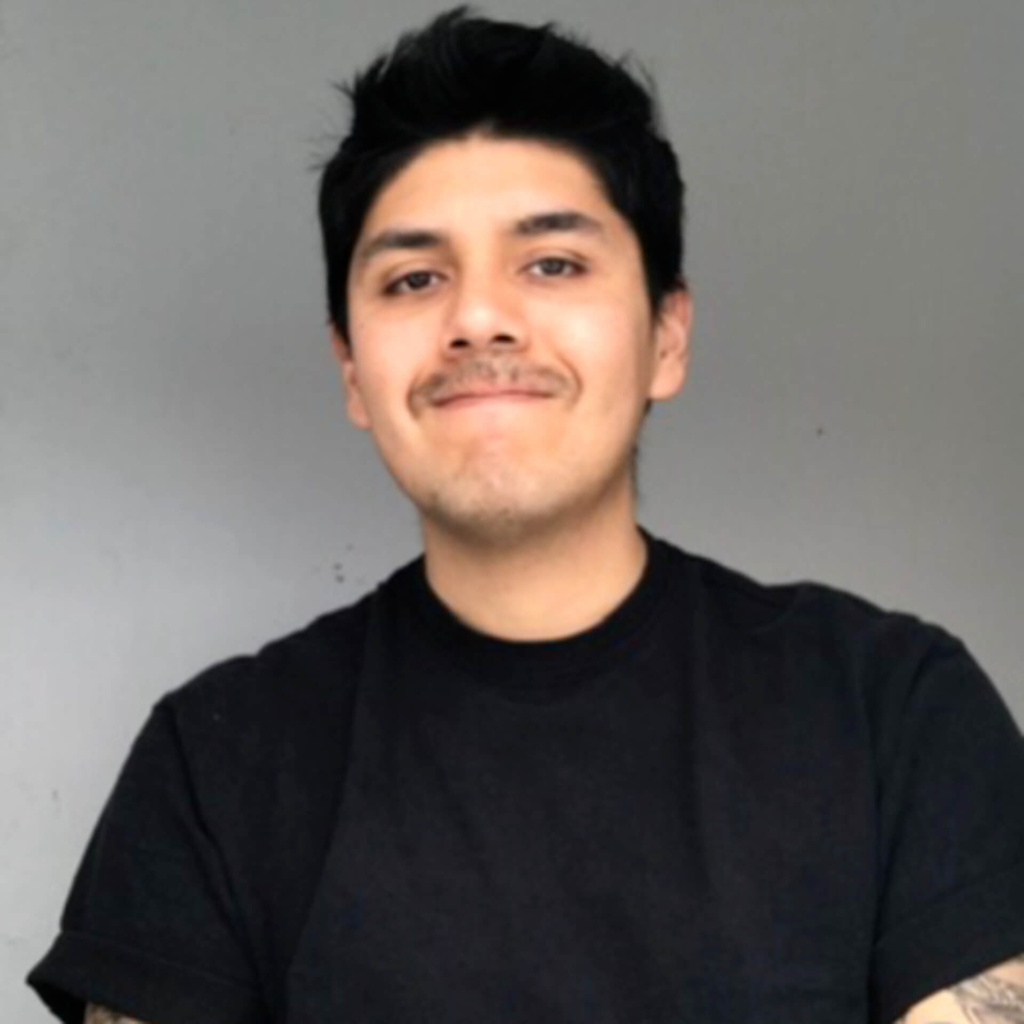
Javier Espinosa Mómox
Herencia Means Heritage, An International Digital Platform for Traditional Crafters
Partner: Public Space One
This proposal seeks to create a digital platform to showcase the work of historically underrepresented and marginalized craft workers. Since the summer of 2023, with the support of the Stanley Award for International Research, Herencia means Heritage has been an ongoing endeavor that focuses on analyzing the technique, history and aesthetics of Traditional Talavera pottery under the perspective of Community Engaged Research (CER) to build a dialogue with artisans from Puebla Mexico that generates a reflection on the way we conceive creativity according to our different visions as creators.
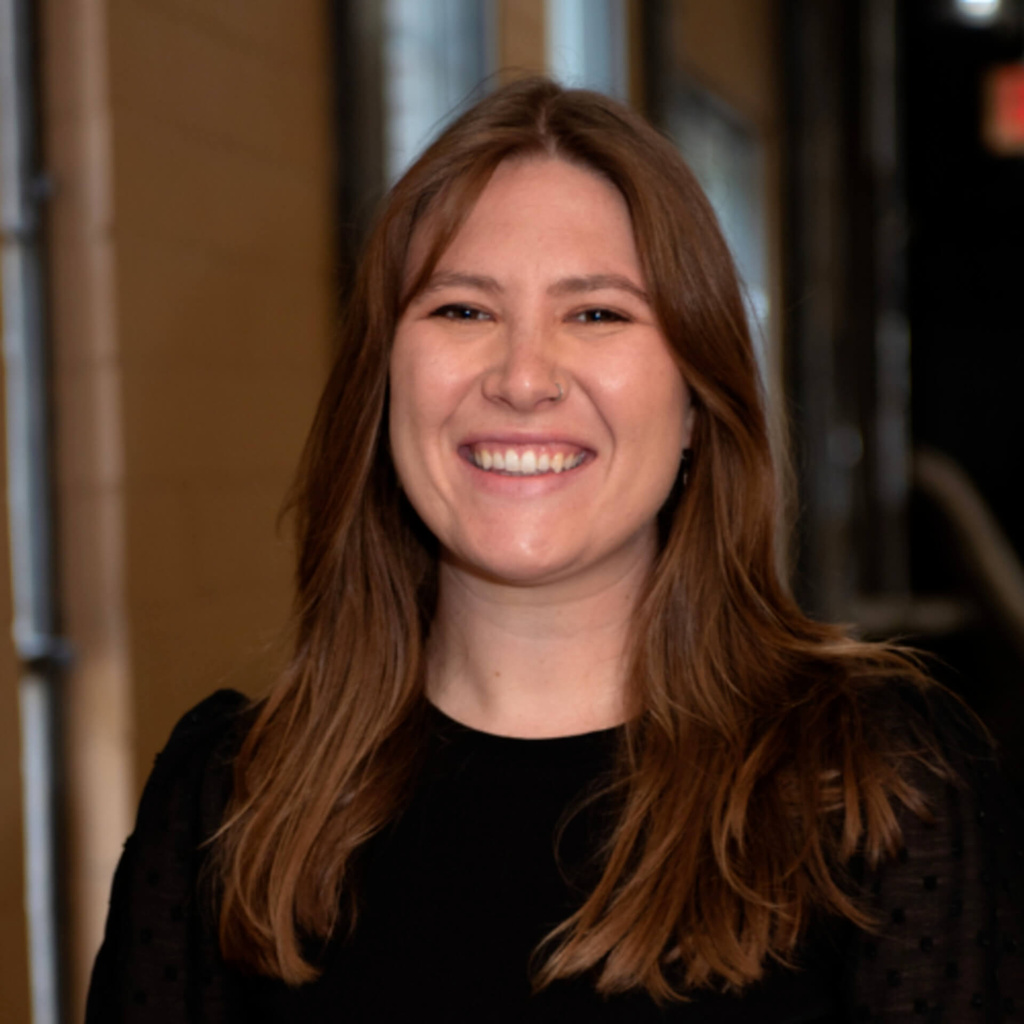
Lily Kraft
Supporting the Development of Public Education Initiatives for Natural Hazards Affecting the Santee Sioux Nation
Partner: Santee Sioux Nation (SSN)
The overall goal of this project is to support ongoing efforts within the SSN to provide public education and awareness about flood risk. Through the current partnership between researchers at the University of Iowa, the NICC, and the SSN Environmental Health and Safety Department, I first intend to engage with tribal stakeholders to understand the current challenges with flooding in the community, including ongoing public education projects related to flood hazards. Building from this, we would discuss future goals and identify ways in which we could improve or expand upon public awareness efforts.
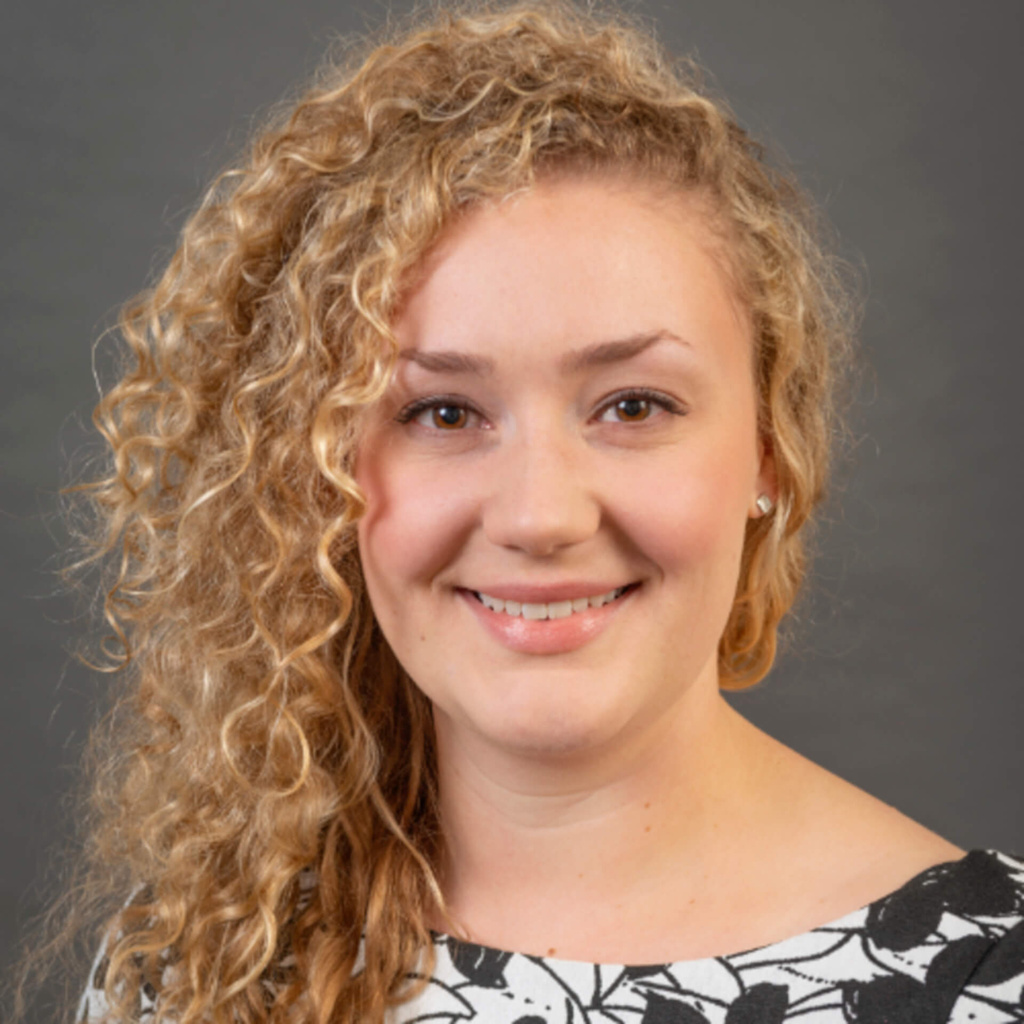
Abby Lee
World Café as a Participatory Action Method to Elevate Youth Definitions of Sexual Stigma and Imaginings of Life without Stigma in Western Kenya
Partner: Africa Community Leadership and Development
This project will investigate youth definitions of SRH stigma and imaginings of life without stigma. I will use the participatory action method, World Café, paired with in-depth follow-up interviews to qualitatively assess how young people experience and define sexual stigma in their context. Further, youth will have the opportunity to imagine their mental and emotional wellbeing without the burden of stigma in their lives.
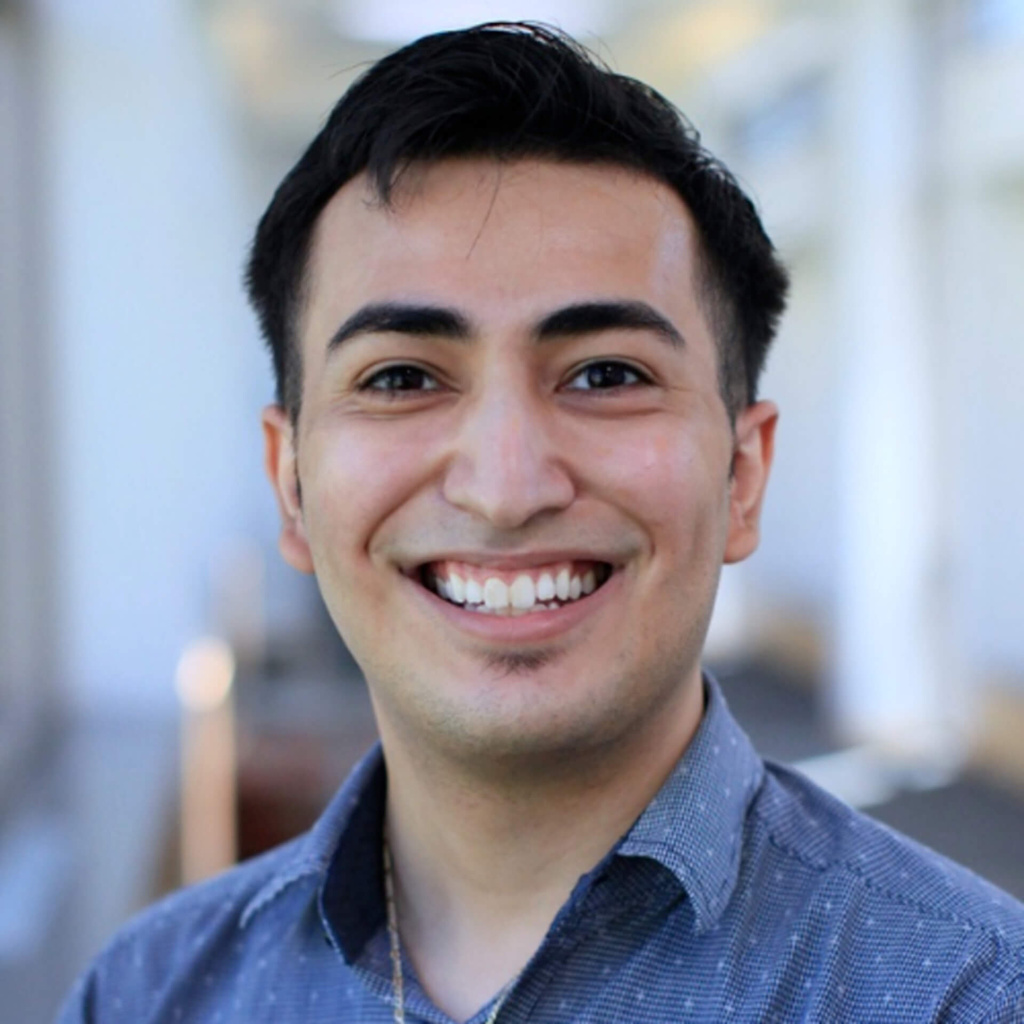
Ashby Martin
I’M IN STEAM (Iowa’s Multicultural Information and STEAM Workshops)
Partner: Public Libraries in Coralville, Washington, and West Liberty, Iowa
This proposal seeks to have STEAM outreach be present at a non-school, local level in both Spanish and English. By presenting STEAM concepts in an atypical, but often positively associated social situation—at the local public library—for free, we hope to be able to encourage historically underrepresented groups to engage with STEAM concepts in a positive and reaffirming way.
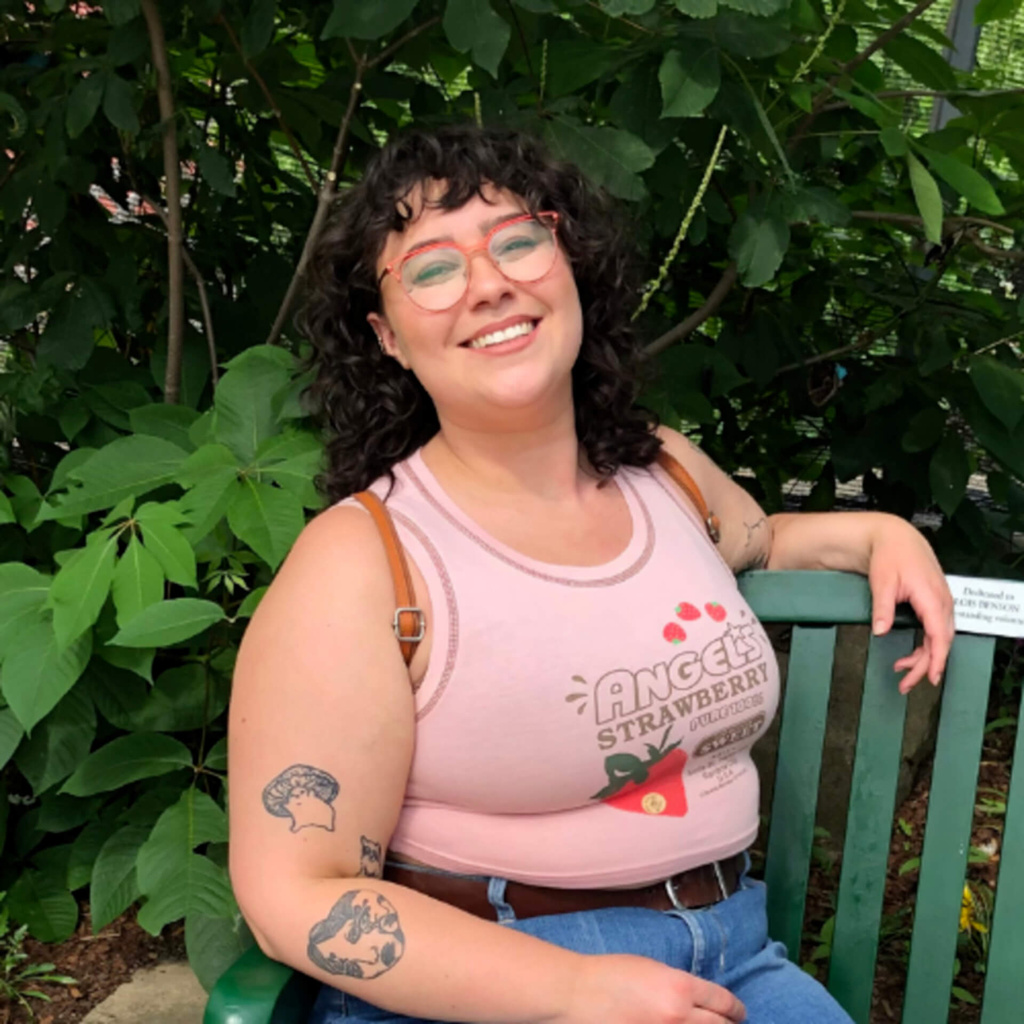
Samantha Rose
Examining Healthcare Disparities Through Community-Based Research
Partner: Community Advisory Board
This project seeks to amplify the voices of the transgender, gender non-conforming, and intersex communities in receiving equitable care in Johnson County. To do this, I will establish a Community Advisory Board (CAB) that will include five key community leaders of the transgender, gender non-conforming, and intersex communities. The CAB will provide input on a research survey which will be distributed in Spring 2025.
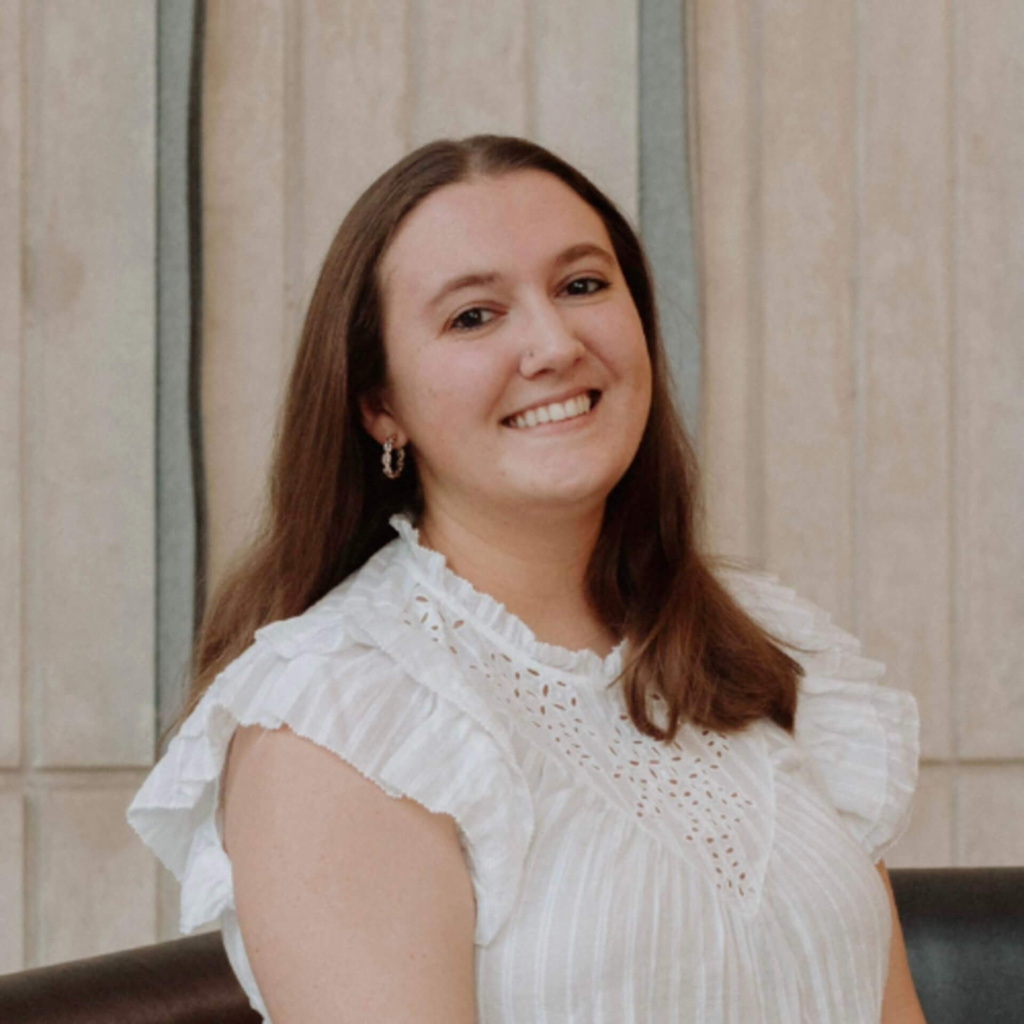
Sophia Wilson
Water Cost Burden for Johnson County Mobile Home Residents: Analysis & Solutions
Partner: Johnson County Affordable Housing Coalition
This project seeks to (1) study the cost burden of non-tap drinking water on mobile home residents who do not have safe tap water, and (2) provide an affordable, short-term drinking water solution to participants of the study.
2023 GEC Grant Winners
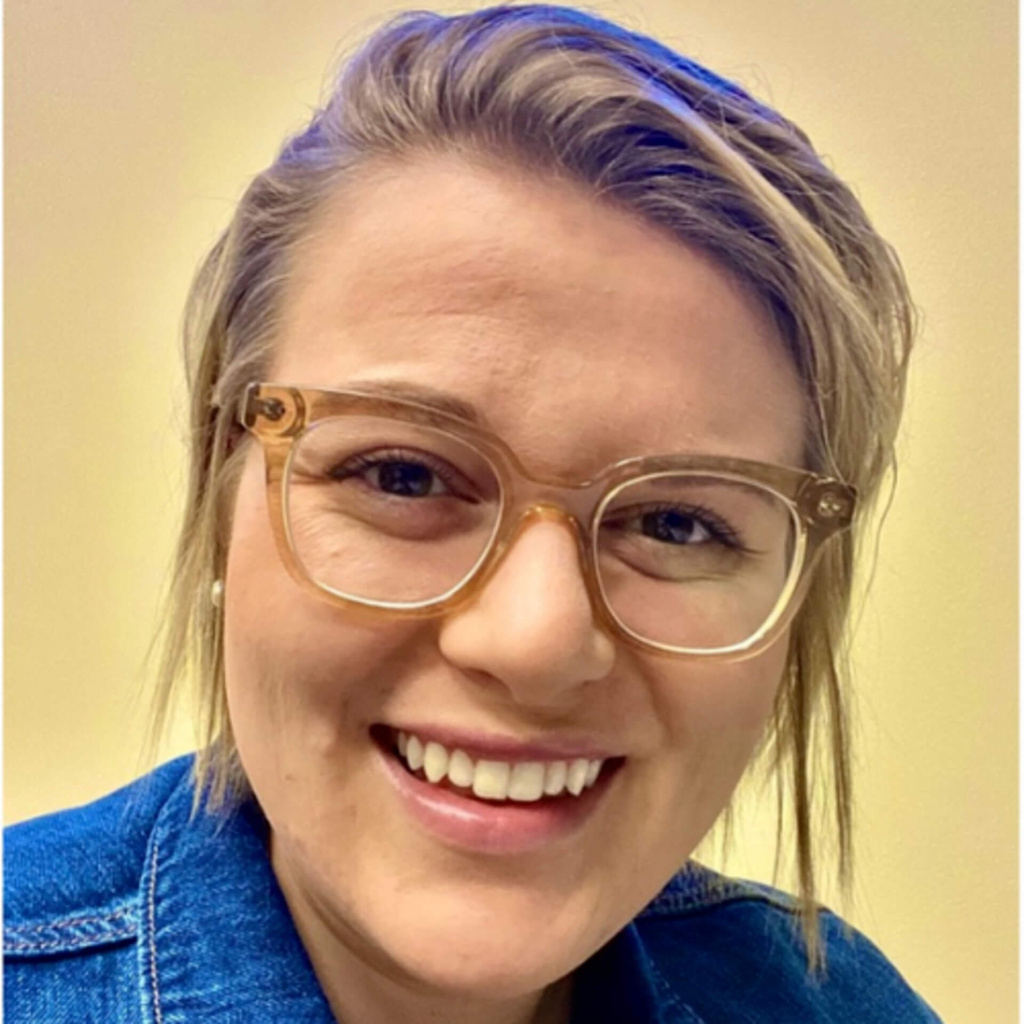
Laura Carpenter
Hobo Archive
Hobo Archive is a community-driven archival project that digitally collects and preserves historical resources related to the American hobo. The project prioritizes making accessible the documentation of hobo history for researchers, digital humanities scholars, the hoboing community, and the wider public. The project will advance community-engaged research practices through a focused study on "participatory archiving." This concept is defined as a collaborative practice between historians, archivists, and community members in documenting community histories and building unique archival collections.
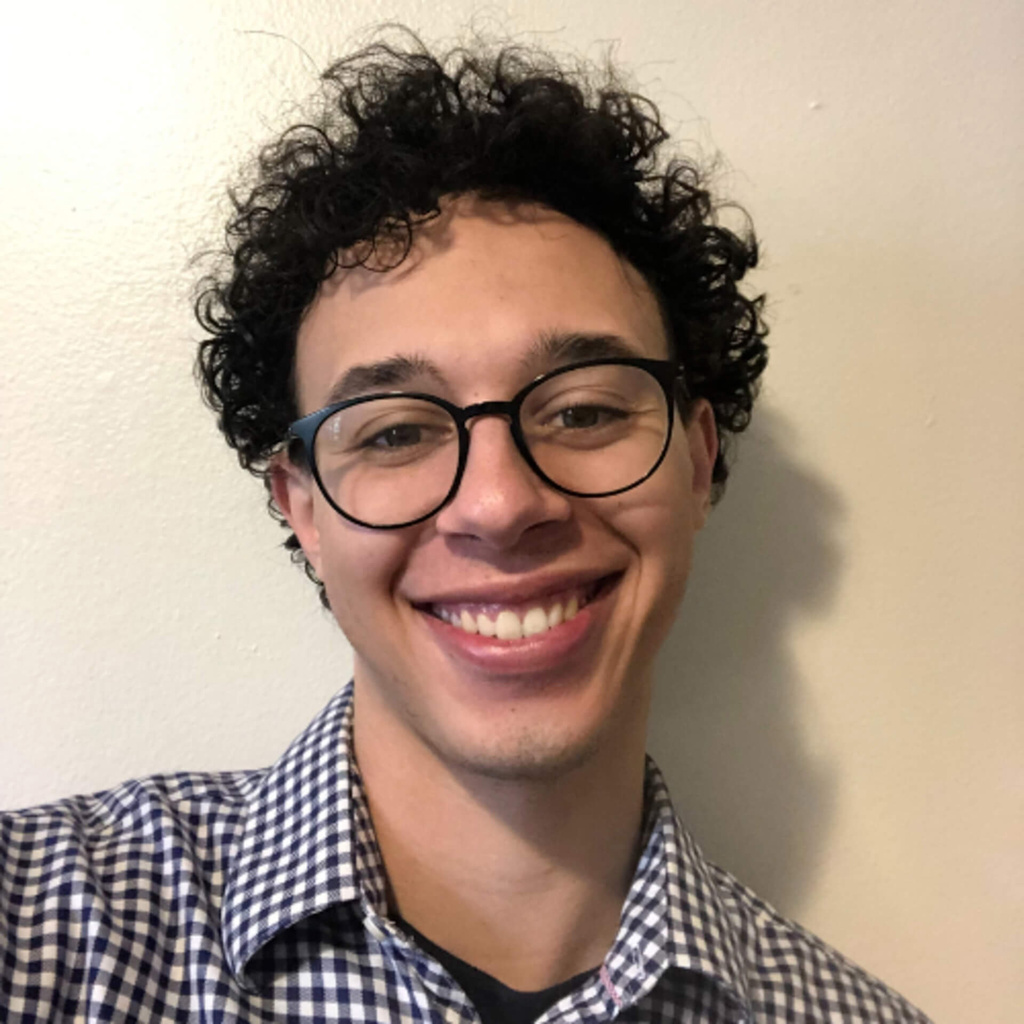
Mark Flores
Effect of Duration of Residency and Acculturation on Metabolic and Vascular Health Outcomes Among First Generation Latinx Immigrants in Iowa
This project will connect with local community leaders and organizations to recruit and understand the local Latinx immigrant population. Although this will take time and resources outside of the traditional lab setting, it will provide the opportunity to understand better the needs, intricacies, barriers, and other factors contributing to these populations' health outcomes. Community leaders and organizations serving immigrants, such as local resource centers, provide an excellent avenue for contacting and recruiting recent immigrants, as those who have arrived within less than five years are missing from the scientific literature.
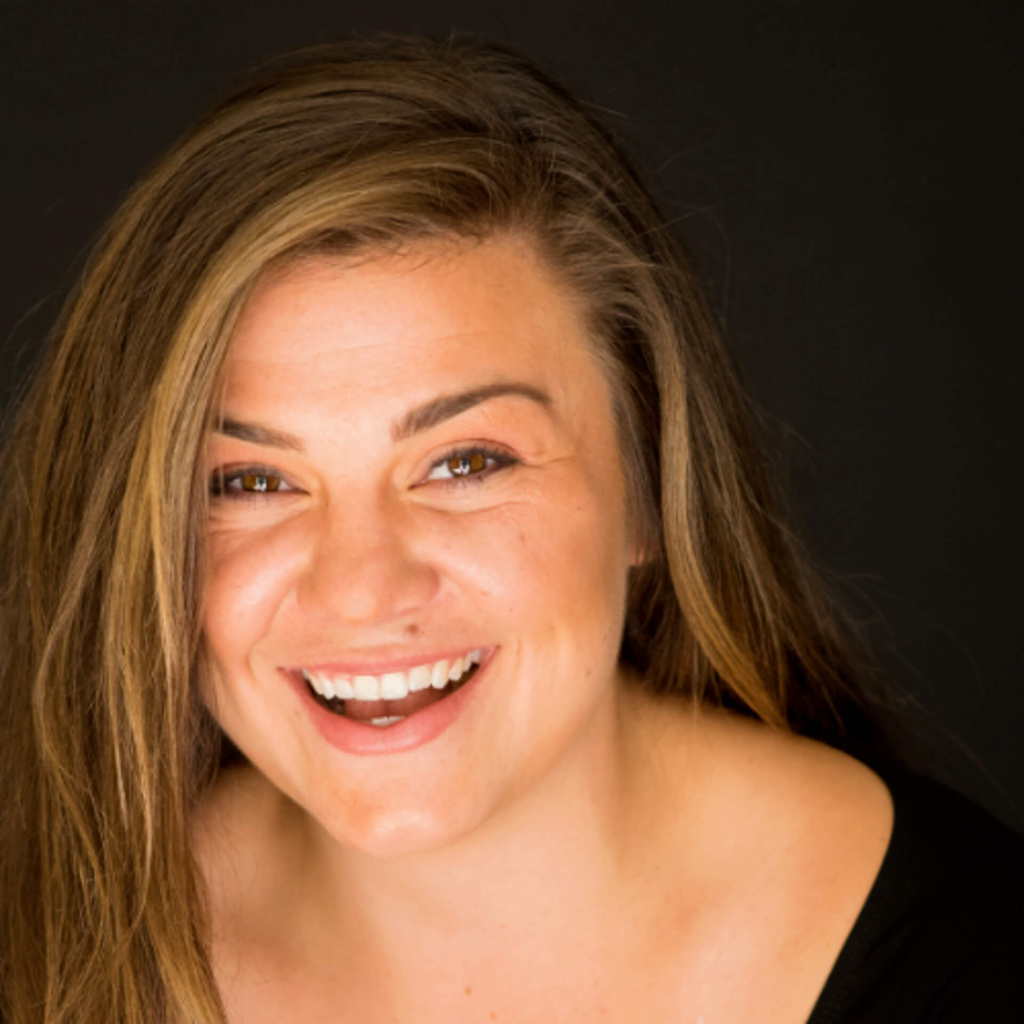
Katie Gucik
Verbatim Theater Piece about Sexual Assault Reporting on Campus
This project will conduct interviews with students, staff, and community members regarding sexual assault on the campus of the University of Iowa, transcribing those interviews and weaving a Verbatim theater piece about how reporting has been handled on campus in the past and how it can improve moving forward. This piece will raise awareness of past missteps in reporting at the University of Iowa and resources on campus that are available to students in partnership with the Domestic Violence Intervention Program, whose goal is to provide comprehensive support and advocacy services to victims/survivors, and the Rape Victim Advocacy Program whose mission is to provide free, confidential, trauma-informed advocacy to people affected by sexual violence and promote social change through prevention education.
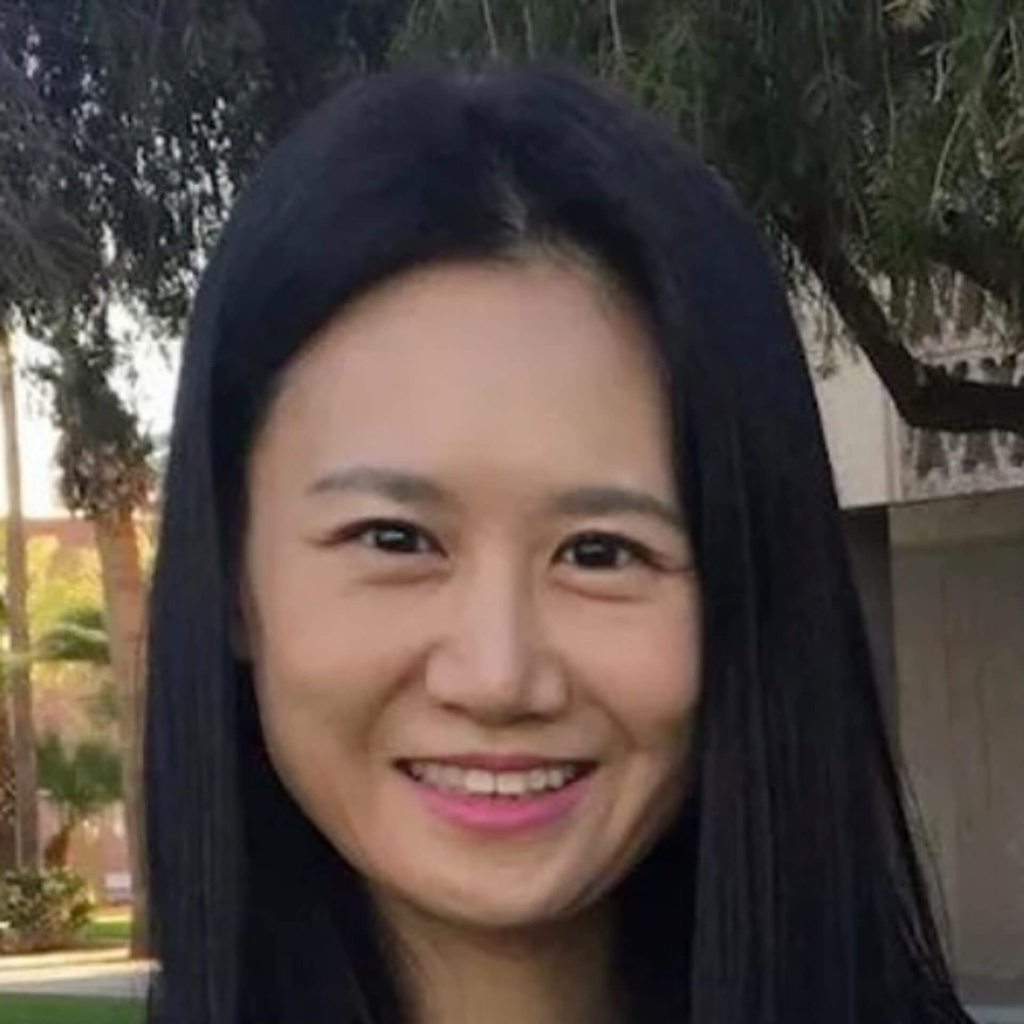
Sun Joo Lee
Tremble Clefs (TC) Therapeutic Singing Group for Individuals with Parkinson’s Disease
This community engagement project will create inclusive and intentional community engagement through TC, which benefits participants with PD and their caregivers and initiates the development of community-engaged research. The specific objectives of TC, Iowa City include: (a) to maintain and improve voice and physical symptoms of PD through vocal exercises and movement to music, (b) to promote social interaction and communication within PD communities by providing social support for patients, care partners, and family members, (c) The program consists of 90-minute weekly music therapy sessions facilitated by a board-certified music therapist (myself); sessions include vocal/physical exercise, therapeutic group singing, and socialization. No musical background is required to participate in the program.
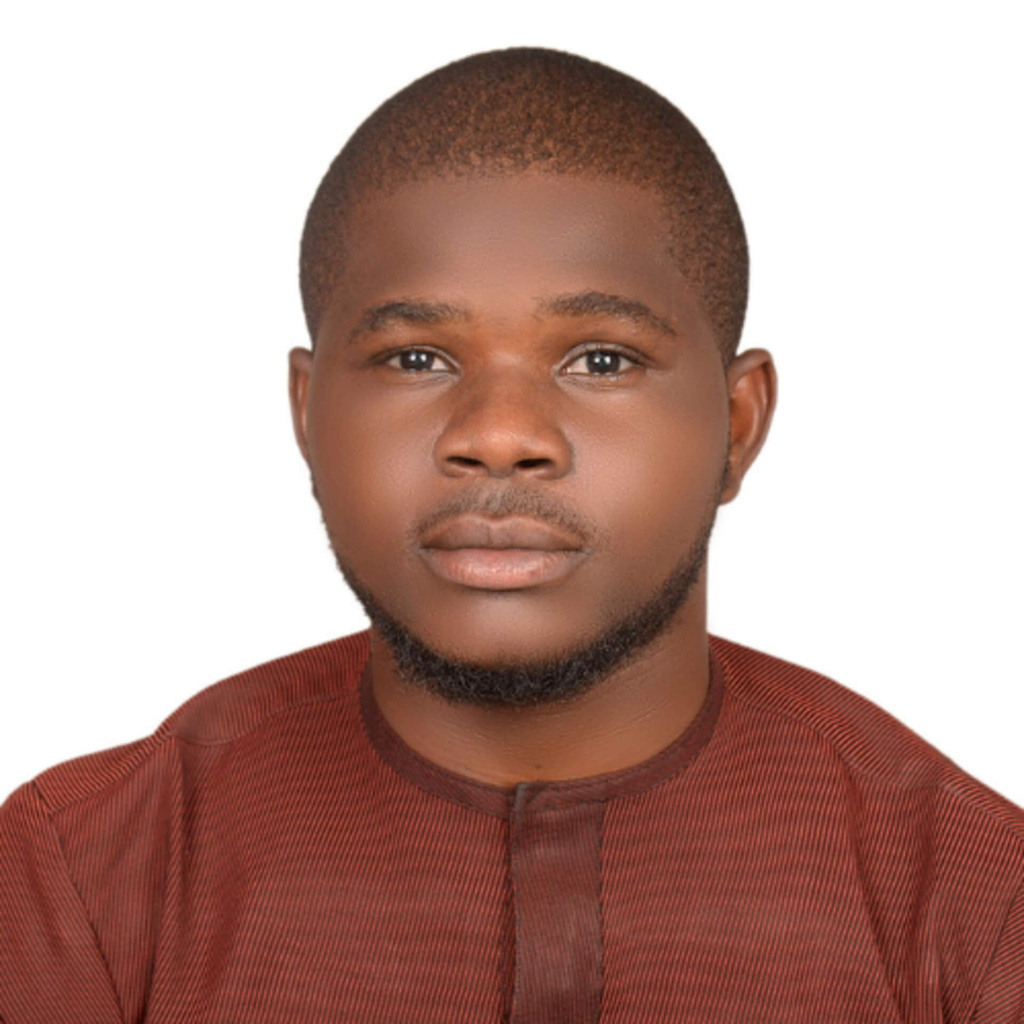
Ugochukwu Madu
Taking Social Media Conversations to Parents of FGM Victims and Radio: Introducing a Triangular Community-based Approach to Public Health Messaging
This project will be a mixed-method study on the joint role of new media (i.e., social media) and mainstream media (i.e., local radio) in mitigating female genital mutilation (FGM) in Nigeria. It will include a visit to Nigeria, partnering with the Amaudara Women Union (AWU), an organization of mothers who support one another and advocate for women’s rights in Enugu State, Nigeria. AWU is anti-FGM and have bylaws prohibiting members from mutilating their daughters’ genitalia. FGM, also known as female circumcision, refers to the “partial or total removal of the external female genitalia, or other injury to the female genital organs for non-medical reasons” (WHO, 2023).
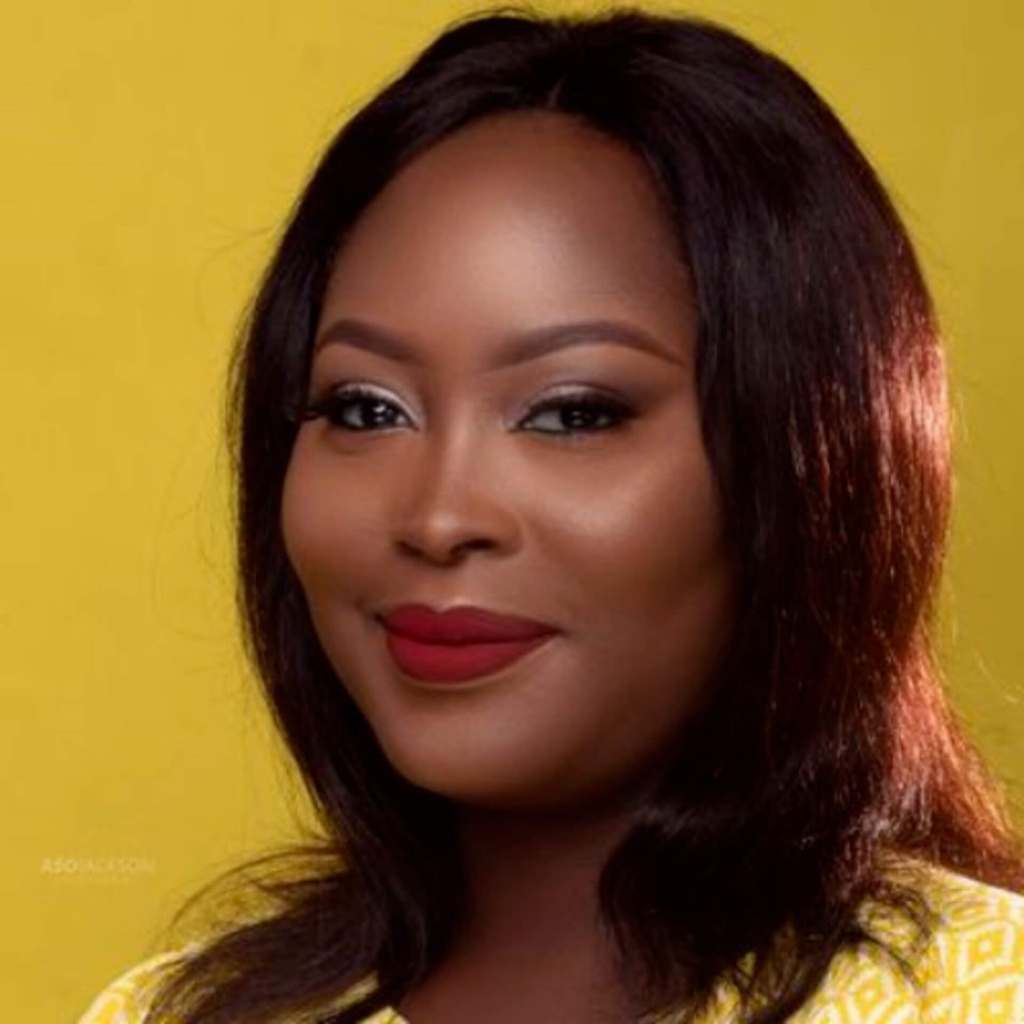
Osamamen Oba Eduviere
The Sociological Study of Nigerian Women Herbal Medicine Entrepreneurs in the Context of Best Medical Practices: Ibadan, Oyo State, Nigeria
This study is geared towards appropriating the works of women entrepreneurs in the healing process and other medical interventions. It will investigate their jobs, the products they sell, and their target clients. With ethnographic research using interviews and discussions with focus groups, the project will research the production, preservation, marketing, and prescription used by these women in the context of best medical practices and investigate the role of the health regulatory body (NAFDAC) in promoting the products of these women and find out from the community partners about strategies to help bring the activities of the women to the fore in the Nigerian health discourse.
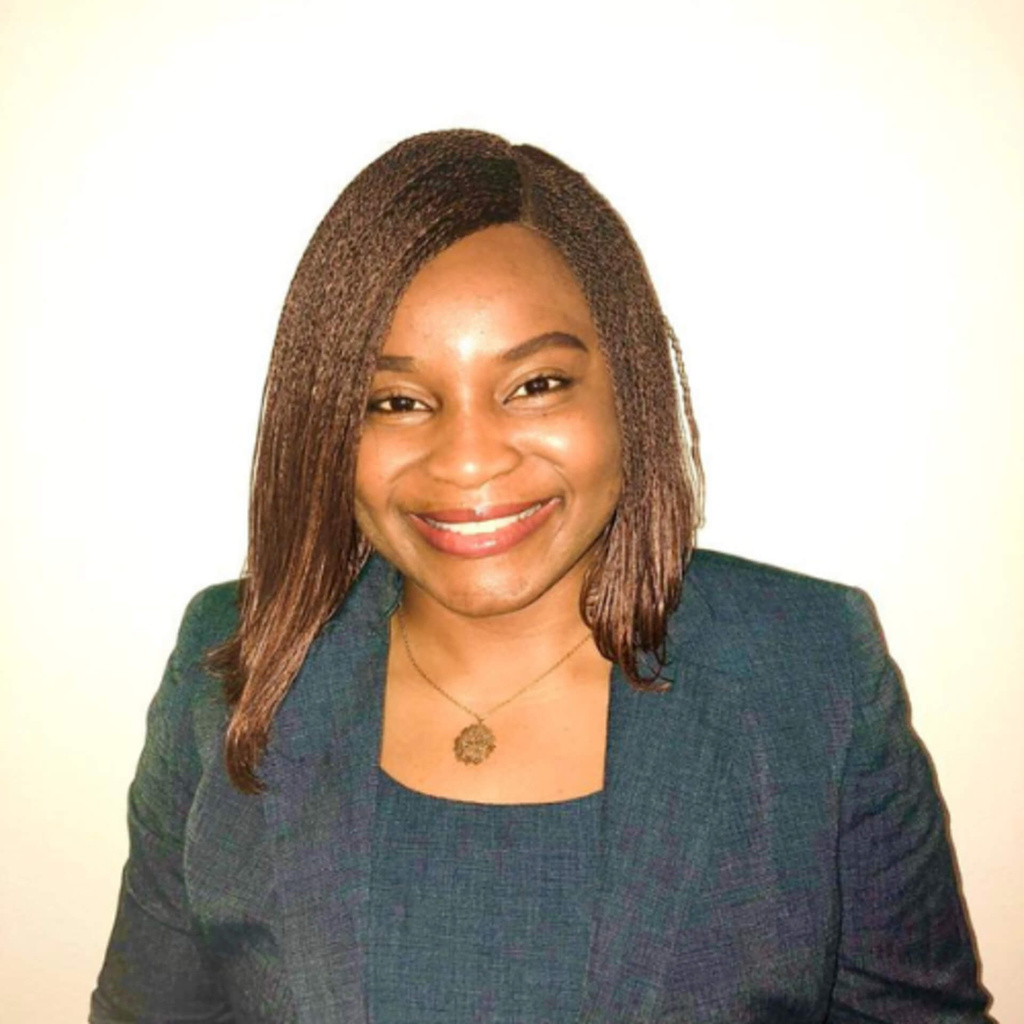
Onyeche Oche
Home Usability Project (HUP): Improving Home Usability for People with Disabilities through Consumer-driven Home Modifications
The objective of this project is to carry out consumer-driven home modifications for Access consumers who have disabilities to improve their safety, ease, control, and choices, as well as to promote greater community participation. Some of how the intervention may enhance community participation include increased provider visits, pharmacy medication pick-ups, and more engagement in preventive health care activities like screening programs. After carrying out the home modifications, a survey will be administered to evaluate its impact on the consumers' safety, ease, and community participation.
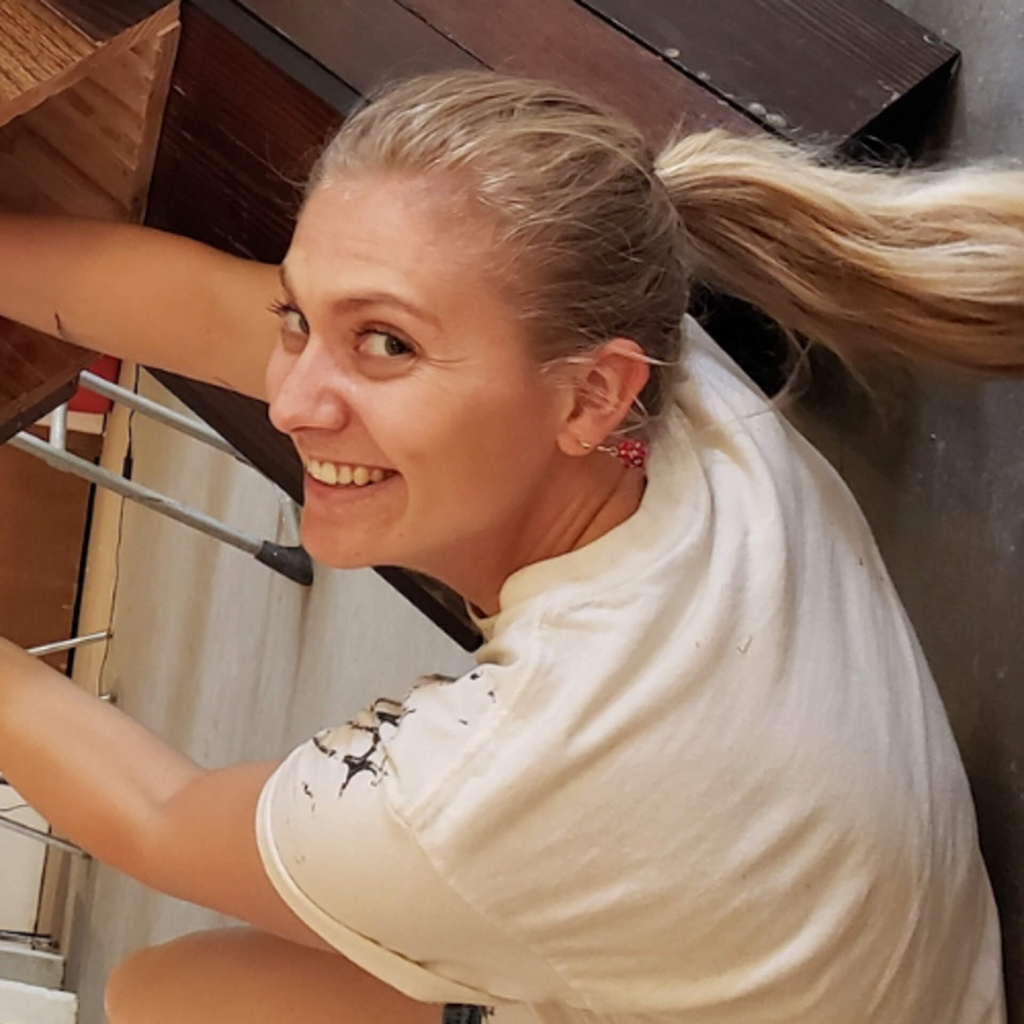
Jamie Weinfurter
Materials Exchange
The Materials Exchange project repurposes still usable art materials that students would have otherwise thrown away. Each Materials Exchange provides a way for students to more consciously recycle stock materials like paper, wood, canvases, drawing supplies, etc. This project's scope will include an event where community members can exchange their no longer wanted but still usable items such as household goods, stock building supplies, art supplies, furniture, etc. The project will work with community partners such as Public Space One for the best venue, event dates, and promotional assistance, and Open Heartland and the Iowa City Landfill & Recycling Center to help manage any leftover materials.
2022 GEC Grant Winners
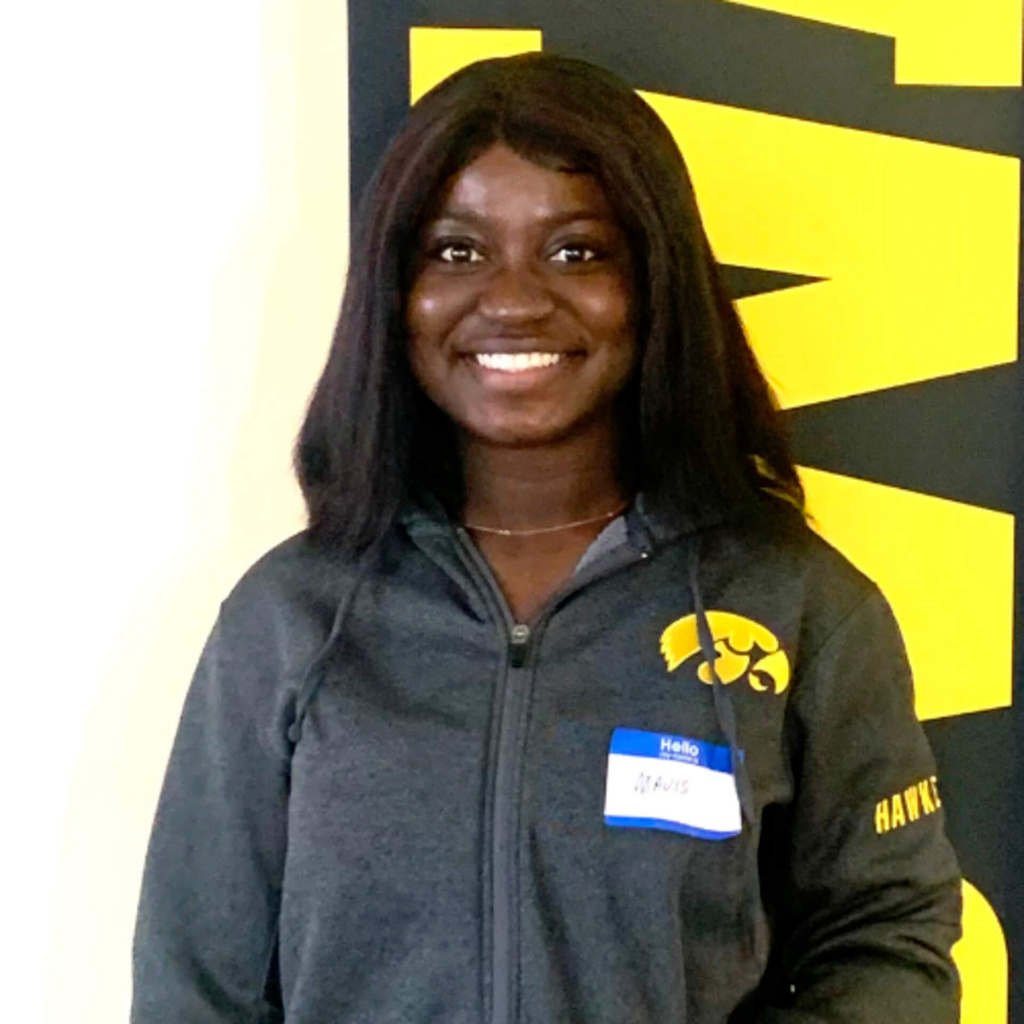
Mavis Gyesi
Mavis’s project will work with schools in Cape Coast, Ghana, to explore how open access to educational materials can support students from disadvantaged, low-income communities to collaborate in classrooms without being constrained by socioeconomic status, time, or geographic location.
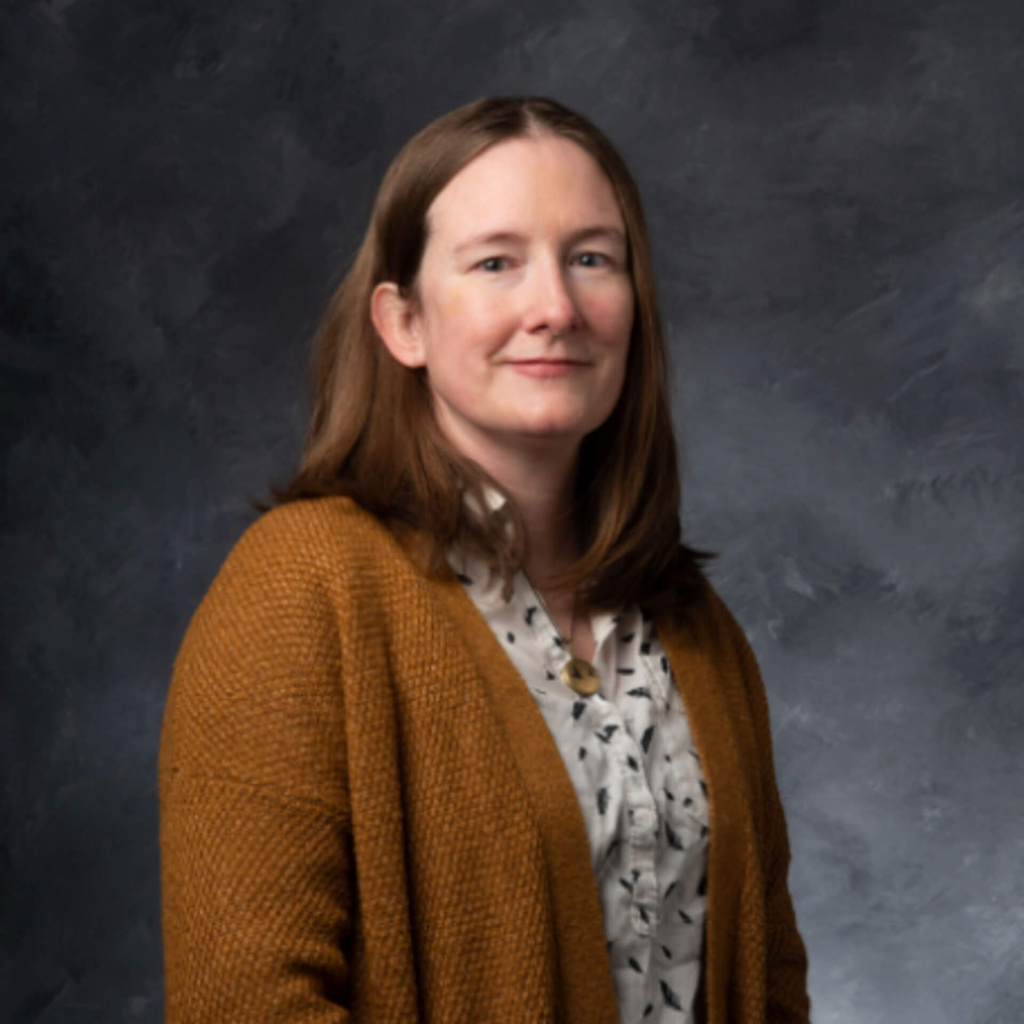
Diana Brace
Diana’s project will collaborate with InsideOut Reentry Community to tell the stories of people impacted by the incarceration system and share these stories on a digital platform to lift marginalized voices and effect change.
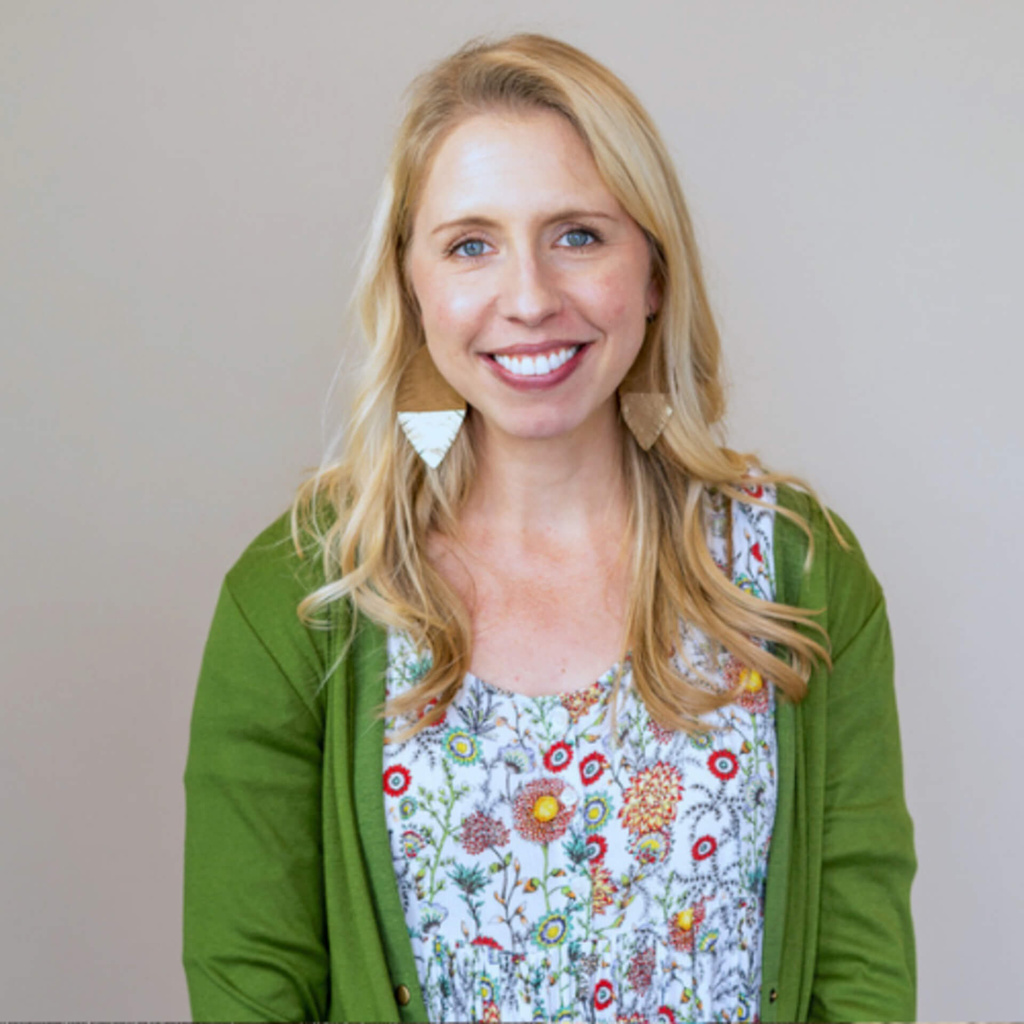
Megan Dehner
Megan’s project partners with Neighborhood Centers of Johnson County to provide opportunities for kids in after-school and educational programs to visit the new Stanley Museum of Art, providing kids who often don’t have access to art museums the chance to engage with world-renown art at the University of Iowa.
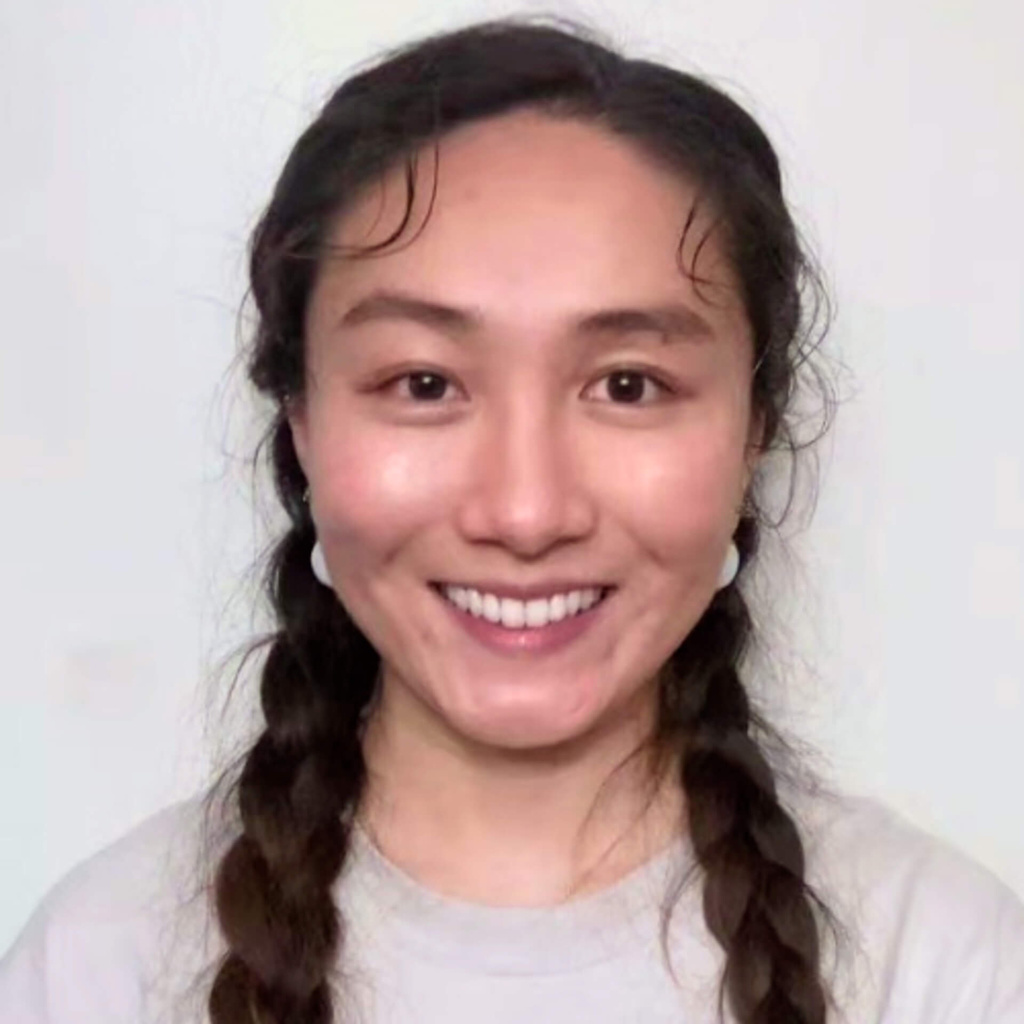
Yuchen Liu
Yuchen’s project will work with local nonprofit organizations, including Open Heartland, to explore how storytelling and technology can support education, intercultural communication, and training for diverse communities from a wide range of linguistic and cultural backgrounds.
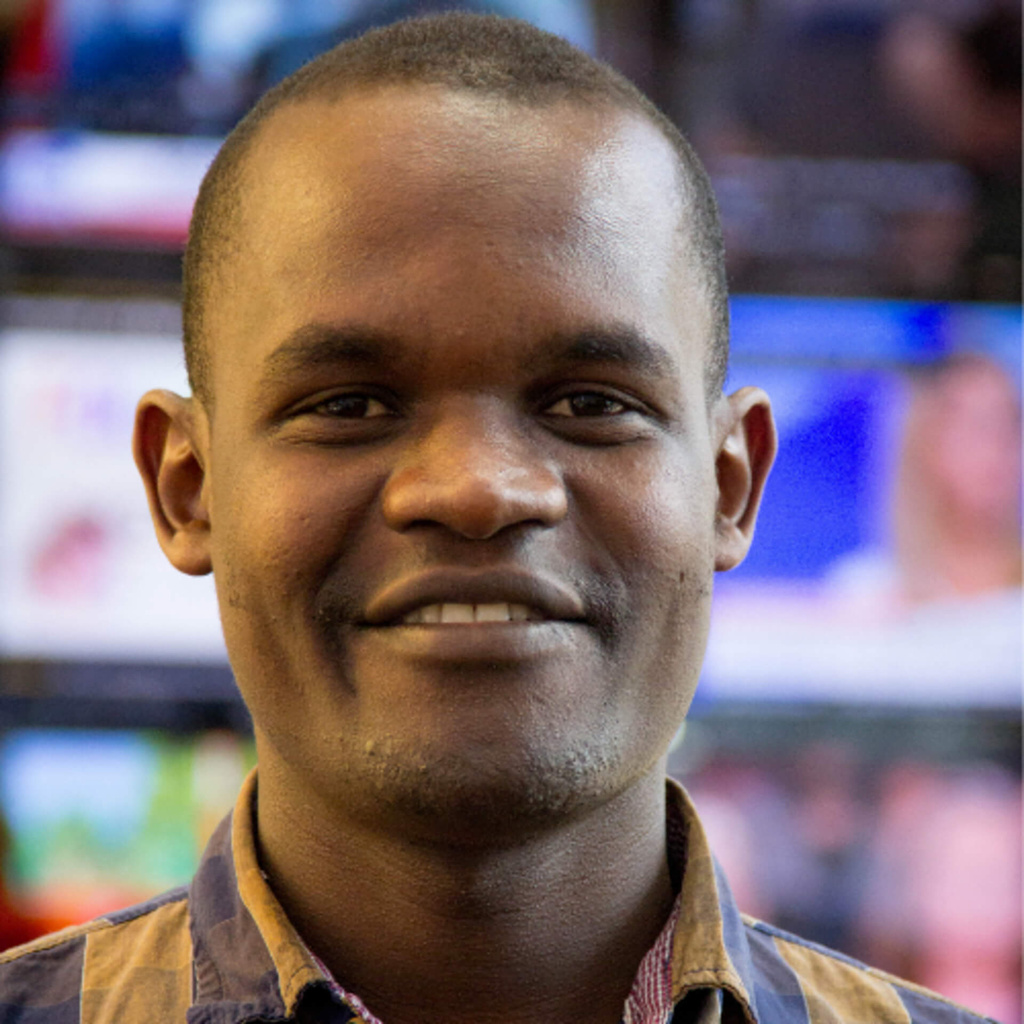
Frankline Matanji
Frankline’s project will explore the role of digital media in community fundraising and empowerment in Kenya.
There will be another round of grant funding next academic year. We extend thanks to the Graduate College for their partnership and support in providing funding for the GEC, which allowed us to fund additional projects this year.